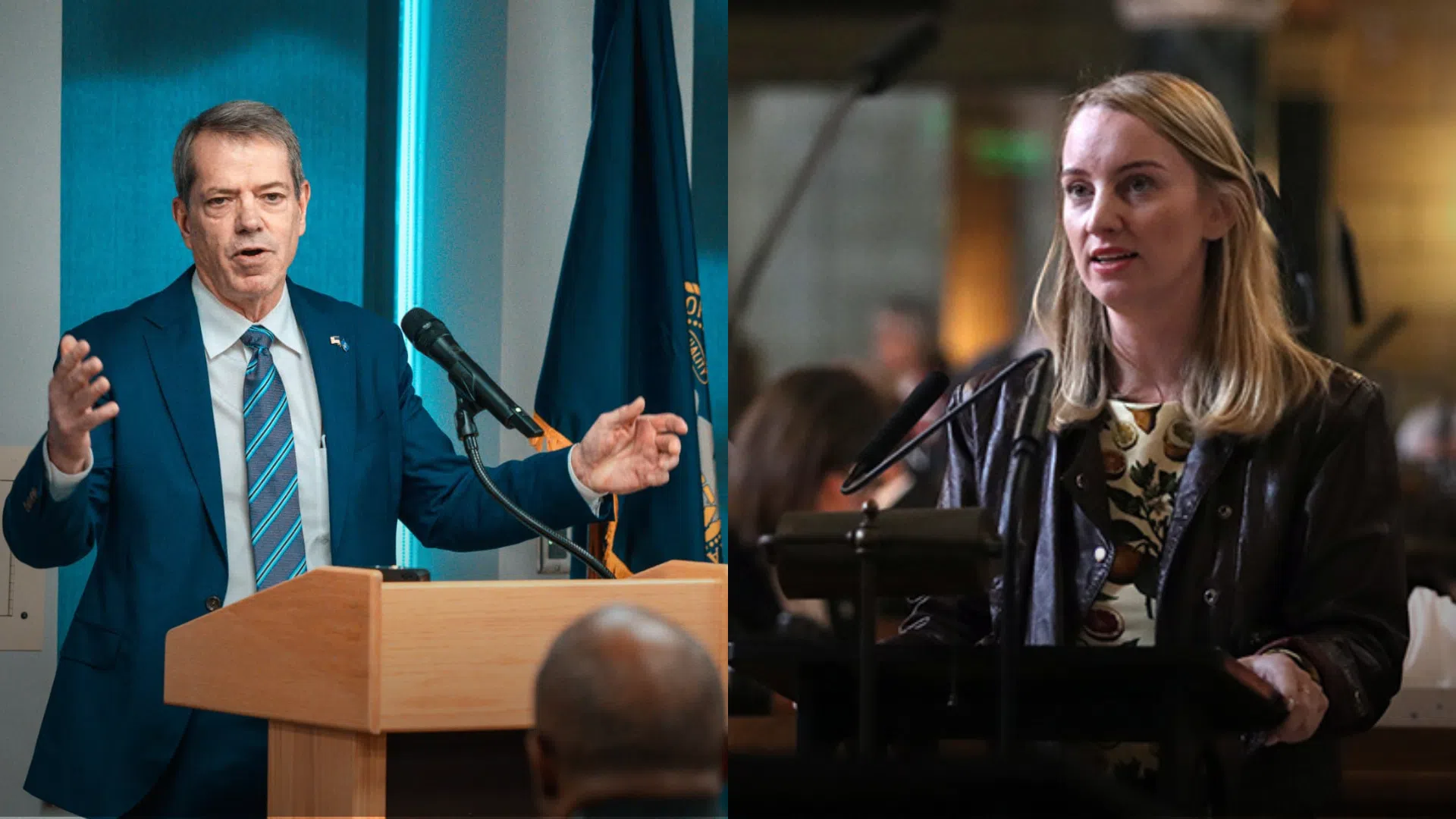A bipartisan bill proposing sterile needle exchange services in Nebraska has been vetoed by Governor Jim Pillen. However, there is still hope for the program as the bill’s sponsor has moved to override the governor’s veto.
LB 307 would authorize city/county governments to create Syringe Service Programs (SSPs), which provide a range of services, including linkage to substance use disorder treatment; access to and disposal of sterile syringes and injection equipment; and vaccination, testing, and linkage to care and treatment for infectious diseases.
Additionally, the bill would provide for criminal penalty exceptions related to drug paraphernalia to those who are receiving services from and working within an SSP.
The bill advanced though the Nebraska legislature with support from both conservative and progressive lawmakers, and was delivered to the governor’s desk to be signed into law last week on a 30-7 vote.
The bills introducer, Senator Megan Hunt of Omaha, said on the legislature floor would help reduce the spread of diseases like HIV and Hepatitis C, and by connecting possible drug users with city services, SSPs encourage treatment of drug addiction.
Speaker of the Legislature John Arch threw his support behind the bill after being provided with research data by Hunt. “People who come in for clean needles are five times more likely to enter drug treatment,” Arch says. “Entering of drug treatment and treatment care for wounds is a big benefit to the individual and a big benefit to society as well.”
Monday, Pillen vetoed the legislation in what some have called an “expected” exercise of his executive authority.
In his veto message, Pillen disputed claims from bill supporters that SSPs meaningfully decrease drug usage and disease transmission. He cited studies that indicate a small decrease in HIV diagnoses but a 2-3.5% increase in opioid-related mortality.
Additionally, the governor cited a column in the San Francisco Chronicle which reports SSP programs the city generated a financial burden and resulted in littered needles.
The same morning, Senator Hunt filed a motion to override the veto.
She posted to social media saying, “Pillen cites a lot of misinformation in his reasoning for vetoing the bill, but my colleagues understand that LB 307 is tailored to the needs of Nebraskans through input of local experts, stakeholders and practitioners.”
Yeah we’ll override that 🙂
Pillen cites a lot of misinformation in his reasoning for vetoing the bill, but my colleagues understand that LB 307 is tailored to the needs of Nebraskans through input of local experts, stakeholders and practitioners.#NELeg https://t.co/UGbppG5HPO pic.twitter.com/dDu4wHZFJS
— Senator Megan Hunt (@NebraskaMegan) March 4, 2024
Hunt’s override motion would require approval from 30 senators — the exact number of lawmakers who voted to advance the bill. However, there were 7 “no” votes and 12 senators who did not vote on the bill.







